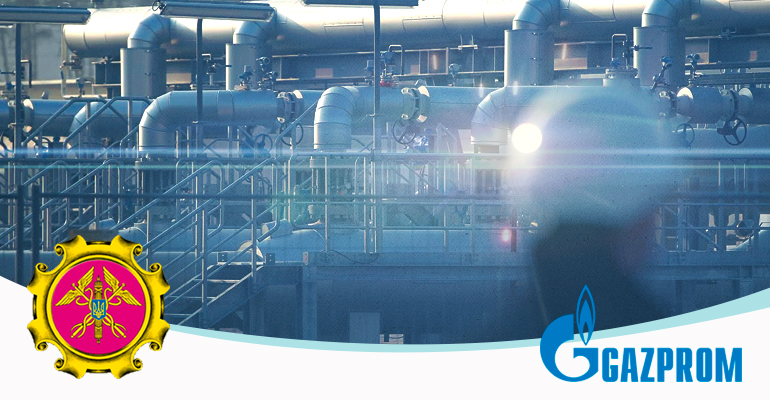

On January 22, 2016, Yuriy Terentyev, chairman of the Ukrainian competition watchdog, the Anti-Monopoly Committee of Ukraine (AMCU), took to Facebook to announce that Gazprom, Russia’s state-owned gas enterprise and the exclusive supplier of gas through Ukraine’s transit pipeline, will be fined for the abuse of dominant position in the Ukrainian gas transit market. According to Mr. Terentyev, the AMCU issued a fine of 85 billion hryvnias, or 3.4 billion dollars. No other details were disclosed. Whether or not Gazprom ends up paying said amount, this case is particularly interesting as it represents the first time that a fine was actually levied against it, and could potentially set a precedent for other EU authorities currently investigating the company.
On the same date, Gazprom released a statement to The Wall Street Journal, noting its extreme surprise at the said news. “Gazprom does not carry out business activity on the territory of Ukraine, (as) it hands over natural gas to Naftogaz of Ukraine on the western border of the Russian Federation,” reads the statement. The company suggested that the AMCU decision represents an attempt to put pressure on Gazprom and added that it would use “all available judicial means” to fight for its rights and legal interests, according to the U.S. newspaper.
This is not the first time Gazprom has faced accusations of hindering competition. Last April, the European Commission sent a Statement of Objections to Gazprom alleging abuse of its dominant position in breach of EU antitrust rules in eight Central and Eastern European Member States (Bulgaria, the Czech Republic, Estonia, Hungary, Latvia, Lithuania, Poland and Slovakia). In an attempt to avoid a penalty, Gazprom reportedly proposed an out-of-court settlement of this high-profile antitrust case in September, the biggest one to date launched by the European Commission against a state-owned entity from outside the EU. Negotiations commenced in October.
Imposition of the AMCU fine follows yet another Russian-Ukrainian dispute over gas. Namely, Gazprom halted gas supplies to Ukraine on November 25, 2016, reportedly as a consequence of Ukraine’s failure to provide an advance payment. On the other hand, the Ukrainian government claimed at the time that the decision to stop buying Russian gas was its own due to more favorable offers from its European partners. Earlier last week, Gazprom stated that Kiev must pay a fine of $2.55 billion within 10 days, in line with the take-or-pay clause in the supply deal between Naftogaz and Gazprom, as Ukraine had defaulted on payment for gas it refused to take in the third quarter of 2015. In response, Naftogaz officials declared the take-or-pay clause and its charges as “not market based, invalid and inapplicable.” It remains to be seen what the ramifications of the AMCU decision will be and whether they will affect the deal renewal negotiations that are penciled in for 2019.
Gazprom and Naftogaz are trying to settle their dispute before an international arbitration court in Stockholm, with Gazprom’s total claims against official Kiev currently amounting to $29.2 billion, Reuters reported.